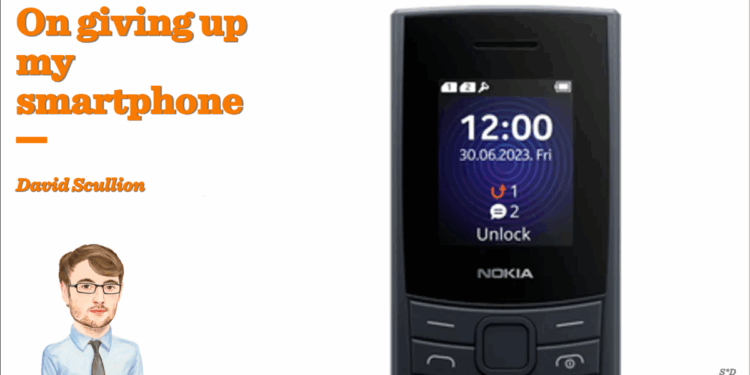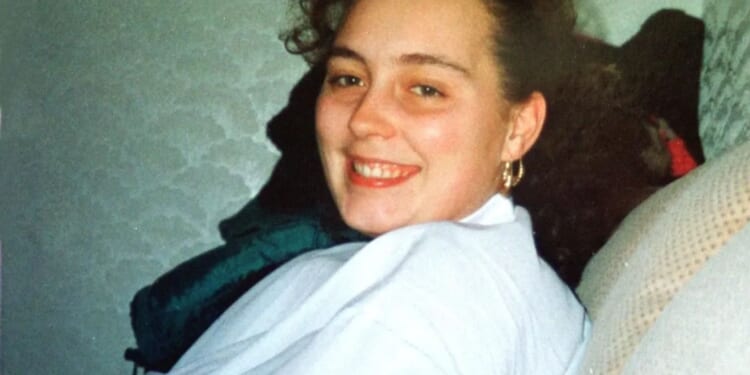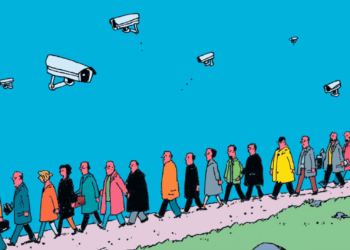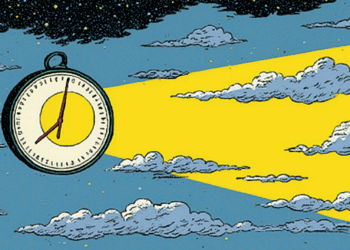A month ago I turned off my smartphone and put it in a drawer, hopefully never to see it again. It would be a new beginning for me. I would escape the pull of the pixels, read more books and have spontaneous conversations with passers-by in the park. I would become happier, the summer would never end, and the late Queen would recover from what turned out to just be quite a bad cold. Sadly, it didn’t quite go to plan.
The final straw in my decision to part from my device had been watching a woman at a service station restaurant try to order food. Whilst her family waited, she quickly picked out some meals on one of those huge screens, but then spent another 15 minutes trying to get the loyalty card (now an app) to work on her phone. The first problem was finding the right app, the next problem was remembering her login details. If you told people thirty years ago future food orders might involve spending more than a few minutes on something called a “password reset link”, they would be baffled. Isn’t there something more useful we could be doing with microchips, they’d ask. Like making cyborg cockroaches?
Late at night on my smartphone — yes, I know — I read the Reddit forum “dumbphones”. I’d previously lapped up all the social experiments where teenagers became happier after getting rid of their devices, and was getting hooked on the idea of a detox myself. Would it work for adults? The forum was mostly people sharing their experiences of switching to a phone that just does calls and texts. Interestingly, some of the downsides seemed to be dealing with non-believers. One poster complained that the moment the conversation with his drinking buddies dried up, they would all unconsciously pull out their devices, whilst he — with just a brick in his pocket — had to stare at the decor until the phone zombies checked back into the room. But examples like this only spurred me on, it was surely a chance for a former addict to look back at their life before they went clean. You could feel sorry for your friends whilst you tried to imagine where that giant stag’s head on the pub wall behind them could fit in your house.
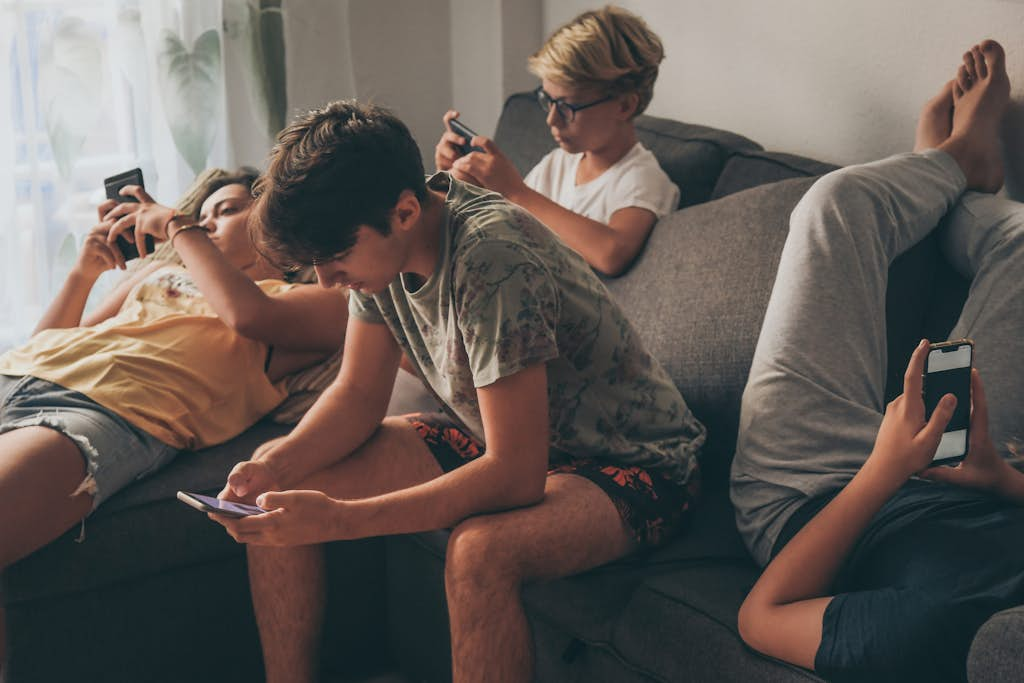
It’s pretty easy to buy a dumb phone because they’re cheap, and you’re attracted by the things they lack, rather than the other way around. ”Oh, this one doesn’t even have Bluetooth? Don’t mind if I do.” After just minutes of searching, I went with a black Nokia costing less than £20. I’d like to say which model, but it just says “Nokia” on it, perhaps an admission that the kind of people who get basic phones aren’t worried about their street cred. It does have space for two Sim cards however, which suggests old people aren’t the only ones buying it. I’m calling it the Nokia Dealer.
After I swapped my Sim card over and banished my old phone to a draw, the process was not unlike what happens to smokers when they pack up the fags. After 20 minutes without a nicotine fix, your heart rate and blood pressure are supposed to drop, and after a few days you have more energy. Without my phone fix I genuinely did feel less tired. It seems the constant dopamine hit of WhatsApp, social media and news alerts really does sap your vitality. But, like losing a limb, it took a few days to stop reaching for the thing that isn’t there anymore. I kept pulling out the brick, only to remember that it was just a brick. I tried Snake — the only game it had — and started trying to set a high score, but I quickly realised that if I was going to get sucked into a decades-old game whilst sitting on the loo, I might as well be on my smartphone, catching up on emails.
After an initial buzz, the downsides became more obvious. A dumb phone means you get even less messages than you would have got with the same phone in the 2000s. Because most text-based messages now rely on internet access, you’ll miss (or not miss) the 90 per cent useless chat in the scores of WhatsApp Groups you’re probably part of, but you’ll definitely miss the 10 per cent that’s important. You’ll even miss calls, since most people don’t phone conventionally anymore, but via internet-based apps. This was compounded by the fact that I decided it was self-indulgent to announce to my contacts what I was going and that henceforth they should only try me via text or phone. But I suppose most wouldn’t have done it anyway, I might as well have asked for people to contact me via an Israeli pager.
I was convinced my young son would see the benefits though. But even here there was a snag. Whilst nobody thinks it’s good to be glued to a device when you’re looking after children, it’s hard to plan or check anything without it. I had to turn my laptop on to see if it was going to rain before we went out for a walk. To do a last minute check of WhatsApp to see if plans had changed (still available on my laptop), I was now consulting an even bigger screen which took more time to load up, whilst my small boy was left impatiently waiting to leave the house — almost the opposite of the more carefree 90s childhood I imagined I was creating. To avoid a charade like this, you have to start doing the things everyone used to do, like watching the weather forecast, and making long-range plans without changing any details.
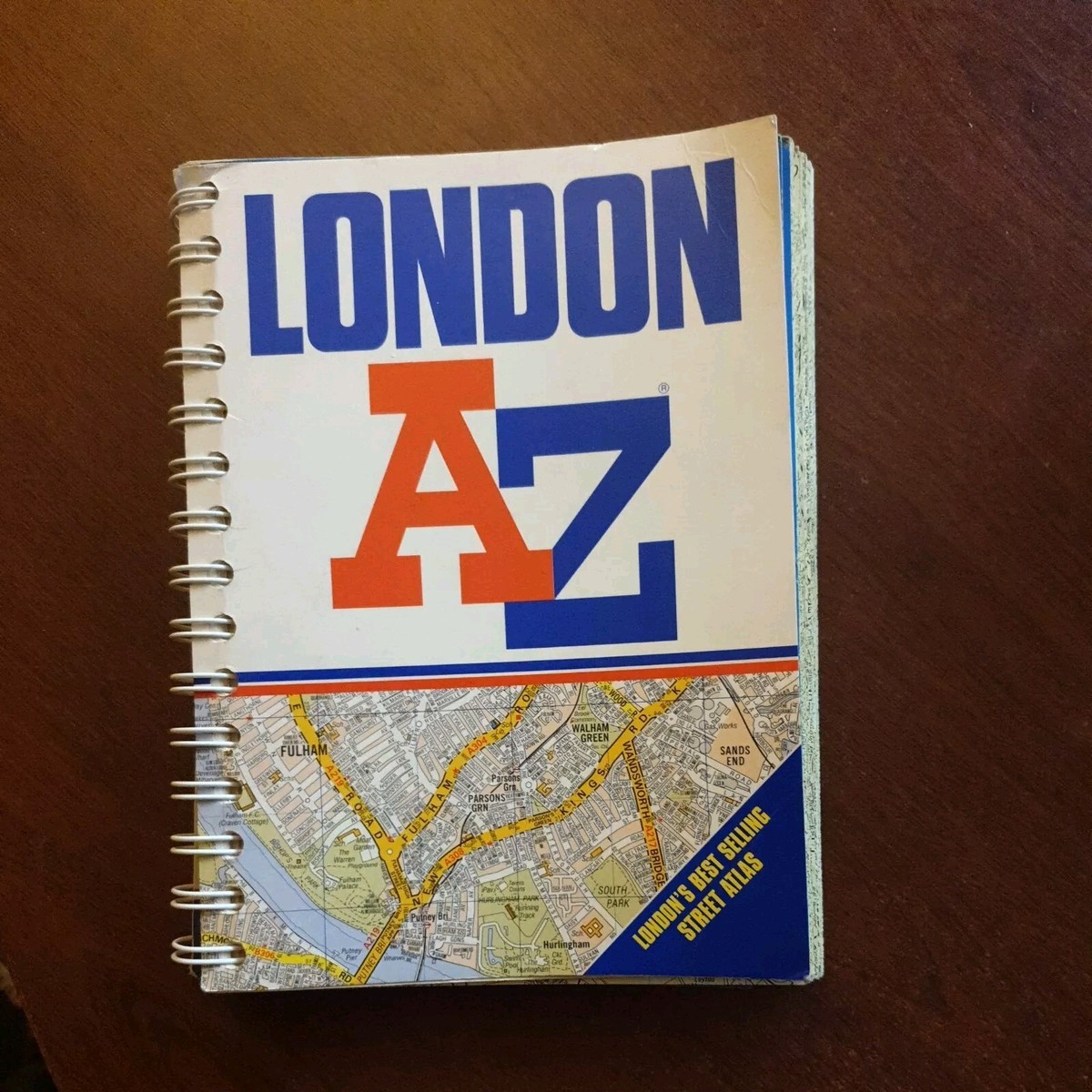
At least before I switched I’d had a vague feeling it might not be as plain sailing as the dumbphone evangelists had suggested. Along with my brick, I bought some road map books to ease the transition since my sense of direction is abysmal, and I wasn’t prepared to follow my nose when it came to driving somewhere new. I remember life before my phone had GPS, and it involved doing a lot of getting lost and — painful for a man — asking for directions. The journey to my son’s dentist, located in a nearby town, was the first big test. The physical map was loaded into the glove compartment and, only stopping once to consult it, I made the trip without incident. But when I was required to fill out an online patient form, I was probably the first person under 50 who needed to use the receptionist’s iPad rather than clicking the link sent to my phone. You’d imagine in healthcare they’ll always have a non-smartphone option, but not so for supermarkets, who are increasingly saving the best deals for customers who use apps. Thankfully I found a free place to park, because car parks also increasingly have no non-app option to pay.
So there were several drawbacks. But without a smartphone, there’s surely more time to reflect on life? Sadly I discovered you don’t always want to reflect, you just want to check your email or find someone to sort out your broken tap. Since I do a lot of childcare, I hadn’t realised how much my phone had let me get jobs done in the little bits of unplanned time I found myself with. A few days ago I was in a cafe with my son. We played snap for a bit, but then he slipped off to the toy kitchen to make plastic burgers and ice cream and I literally had nothing to do. If I’d known he was going to play happily for fifteen minutes by himself, I’d have brought a book. But, alas, too late. With a smartphone I could have read basically any book on earth, asked a friend if they knew a decent plummer, or browsed for holidays. Instead I watched people make coffee.
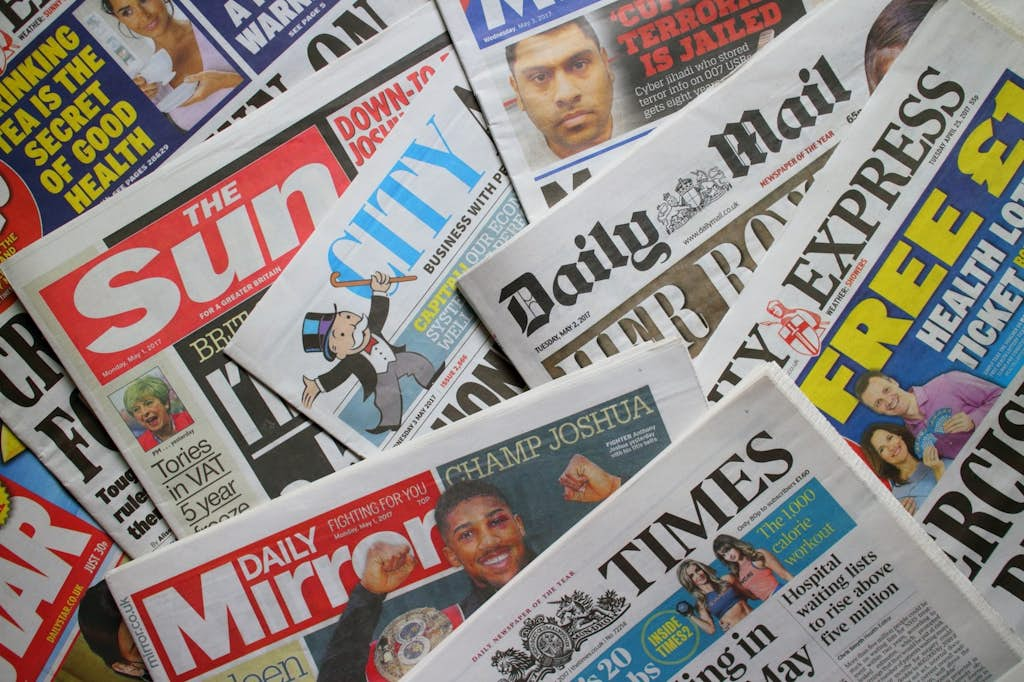
Audiobooks were the thing that finally got me to get my smartphone out of the drawer again. I’m telling myself it’s just temporary, but on a few occasions to keep listening, I’ve had to bring it with me, nestled guiltily in my pocket alongside the Nokia Dealer. I imagine the time cost of trying to get the audio files loaded onto an MP3 player is prohibitive, and carrying two devices around to try to reduce my reliance on technology seems absurd. I think part of the appeal of returning to a dumb phone is that it shrinks your world, letting you be more connected to the people directly around you — cutting out the stream of banal and useless content from social media apps. But when it’s gone you realise that the extra limb can actually be really useful. Restaurants that make you use a QR code should all be banned, but it turns out I can either read a newspaper on my phone, or not at all. Of course, nothing is preventing me from buying a physical copy from the shop five minutes away, but despite planning to buy a Times every morning, I’ve only managed to buy one real paper in the last three weeks.
One solution could be to have a smartphone with all the apps, but mediated and controlled by an AI assistant. Imagine you open your phone and it’s just Siri. You could ask for specific things like the weather or directions, but without the user having direct access to apps there would be less opportunity to lose two hours going down a YouTube rabbit hole on 9-11 conspiracy theories. This seems, in part, the way things seem to be going as AI is being trained to use multiple apps to get specific information behind the scenes without the user being involved. There are obviously downsides to this, but there are huge downsides to smartphones in general. If some of the privacy concerns of this approach could be mitigated, this might present a middle-way. But perhaps, for now, a middle way is just being more honest with ourselves about the costs. When your local coffee chain tries to tempt you to download yet another app, you can positively decide that spending a few pounds extra a week is worth it to avoid the hassle of an e-loyalty card. When you’re out with friends you can decide not to touch the dopamine-dispenser in your pocket. But this would be to deny that we’re all addicts. A heavy smoker could cut down to one-a-day whilst still carrying a packet of fags in their pocket.
It’s theoretically possible, but probably not likely.

